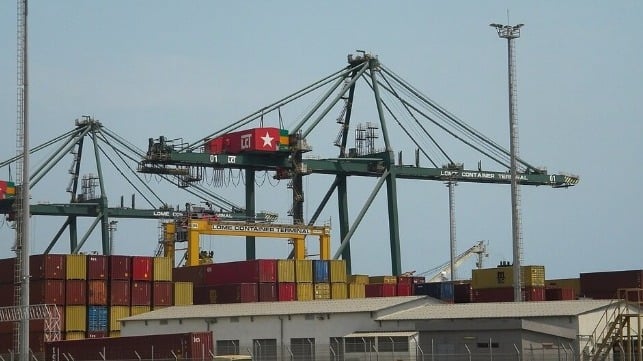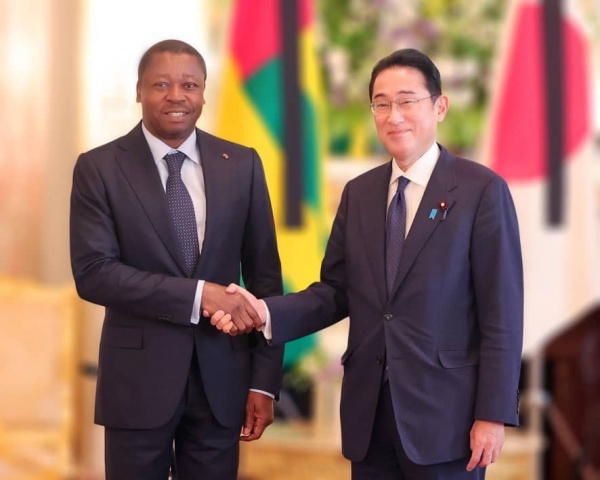
US and Russia seek Togo port access after both countries decided to stop using Nigerian ports. The move comes as maritime competition intensifies in West Africa, where access to strategic ports is critical for global powers. Officials confirmed that the two nations are exploring new arrangements with Lomé, Togo’s capital, which already hosts one of the region’s busiest ports.
The decision to bypass Nigerian ports surprised many observers. Nigeria has long been seen as a key maritime hub, and its ports handle a large share of West African trade. However, growing concerns over inefficiency, high costs, and security challenges have made foreign partners look elsewhere. The shift to Togo signals both opportunity and challenge for Nigeria’s maritime industry.
Sources explained that the Lomé port offers modern facilities and faster processing times compared to some Nigerian ports. Togo has invested heavily in upgrading its port infrastructure and now ranks among the most efficient in West Africa. This reputation for reliability and speed is believed to have attracted both the US and Russia.
Analysts say the development could weaken Nigeria’s standing in regional trade. Losing such high-profile clients may reduce revenue and damage investor confidence. Nigeria has been urged to address long-standing port congestion, corruption, and insecurity. If reforms are delayed, experts warn that more international partners could turn to alternatives like Togo, Ghana, and Ivory Coast.
The decision also reflects growing global interest in West Africa’s shipping routes. The region serves as a key link for international trade between Europe, Asia, and the Americas. US and Russia seek Togo port access to secure strategic advantages and ensure smooth trade flows. Their moves underscore how competition for control of maritime gateways is intensifying.
Officials in Nigeria expressed concern about the development but stressed that the government is committed to upgrading its port system. Plans include modernizing facilities, cutting red tape, and tightening security around major ports. The goal is to make Nigeria more competitive and restore confidence among global trading partners.
Togo, meanwhile, is celebrating the potential economic boost. Its port in Lomé already supports thousands of jobs and generates significant revenue. With the addition of US and Russian deals, the country could further strengthen its position as a regional maritime leader. Local businesses also expect benefits from increased traffic and investment.
Observers noted that this shift comes at a sensitive time for Nigeria, as the government struggles with declining oil revenues and rising economic pressure. The loss of port traffic could deepen financial challenges and weaken Nigeria’s influence in regional trade talks. Some officials warned that unless quick action is taken, the country risks losing its maritime dominance.
For Russia, the move forms part of its broader strategy to increase its presence in Africa. Moscow has been working to strengthen ties with African states through trade, security, and energy cooperation. For the US, the focus remains on securing reliable trade routes and countering the influence of rivals. Both nations see Lomé as a practical and secure choice.
Industry experts believe Nigeria still has the potential to regain ground if it acts decisively. They advise the government to push through reforms that address inefficiencies and improve security. Transparency, better infrastructure, and stronger anti-corruption measures could help restore Nigeria’s image as a trusted trade partner.
In conclusion, US and Russia seek Togo port access after turning away from Nigeria. The decision highlights challenges facing Nigeria’s maritime sector and opportunities for Togo to grow as a key regional hub. Unless Nigeria makes bold reforms soon, it risks losing more international partners and weakening its position in West African trade.



